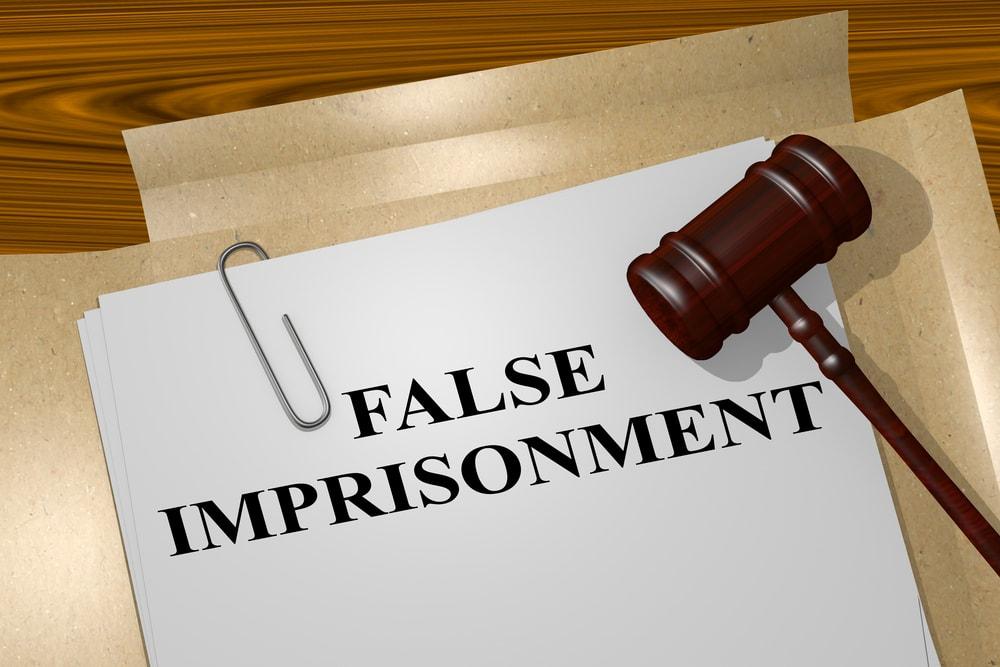Table of Contents
- Legal Consequences of Wrongful Arrest for Law Enforcement Agencies
- Civil Rights Violations and Legal Recourse for Victims
- Challenges in Proving Misuse of Authority in Court
- Best Practices for Preventing Wrongful Arrest and Ensuring Accountability
- The Conclusion
Legal Consequences of Wrongful Arrest for Law Enforcement Agencies
Law enforcement agencies face significant legal challenges when accused of wrongful arrest, which often results in costly litigation and reputational damage. Civil suits under 42 U.S.C. § 1983 are among the most prevalent remedies pursued by individuals claiming violations of their constitutional rights, particularly the Fourth Amendment protection against unreasonable seizures. Additionally, agencies may be liable for monetary damages and could be required to implement policy reforms as part of settlement agreements or court orders. The financial burden extends beyond direct compensation, often encompassing increased legal fees, higher insurance premiums, and the diversion of resources from other public safety efforts.
Beyond monetary repercussions, wrongful arrests expose law enforcement entities to broader institutional risks. These include:
- Loss of public trust and community support, which can undermine cooperation and effective policing.
- Internal disciplinary actions, affecting the careers of officers involved and prompting reviews of training and operational procedures.
- Federal oversight, such as consent decrees imposed after patterns of civil rights violations, leading to mandated reforms and external monitoring.
Civil Rights Violations and Legal Recourse for Victims
Victims of wrongful arrest often encounter significant infringements on their fundamental civil rights, including unlawful detention, denial of legal counsel, and the use of excessive force. Such violations can lead to long-lasting emotional trauma, reputational damage, and financial burdens. Under U.S. law, individuals are protected from such mistreatment by constitutional safeguards, notably the Fourth and Fourteenth Amendments, which guard against unreasonable searches and seizures and guarantee due process. When these protections are ignored, affected parties have a legal foundation to pursue corrective measures and compensation.
The path to justice for victims typically involves several crucial steps. Legal recourse options include filing civil rights lawsuits against law enforcement agencies or officers, seeking monetary damages through claims of wrongful imprisonment, and requesting injunctive relief to prevent future abuses. Attorneys specializing in civil rights can also challenge the admissibility of evidence obtained through illegal means or advocate for policy reforms within police departments. Key elements to consider in these cases include:
- Documentation of the arrest and detention circumstances
- Collection of witness statements and video evidence
- Filing timely claims under federal statutes such as 42 U.S.C. § 1983
- Pursuing possible disciplinary actions against offending officers
Challenges in Proving Misuse of Authority in Court
Best Practices for Preventing Wrongful Arrest and Ensuring Accountability
To minimize incidents of wrongful arrest, law enforcement agencies must implement rigorous training programs focused on constitutional rights and proper identification protocols. Officers should be equipped with advanced verification tools and continuously updated databases to ensure accurate suspect identification. Equally important is fostering a culture of transparency and accountability through regular audits and the adoption of body-worn cameras, which provide objective evidence during engagements with the public. Civil rights organizations emphasize community involvement, urging local authorities to establish independent review boards that can objectively assess complaints and incidents related to law enforcement misconduct.
Accountability mechanisms must extend beyond internal policing to include legal frameworks that empower victims to seek redress without undue barriers. Clear procedural guidelines for investigating wrongful arrests and misconduct, coupled with stringent disciplinary measures against errant officers, can act as significant deterrents. Furthermore, public access to arrest records and case outcomes supports informed citizen oversight. Prioritizing these measures helps restore public trust and ensures law enforcement acts with integrity, significantly reducing the legal consequences associated with wrongful detention and abuse of power.
The Conclusion
In conclusion, wrongful arrest and misuse of authority continue to pose significant challenges within the justice system, prompting critical legal and societal scrutiny. As cases unfold, the imperative for stringent safeguards, greater accountability, and transparent investigative procedures becomes increasingly clear. Stakeholders, including law enforcement agencies, legal professionals, and policymakers, must collaborate to address these issues effectively, ensuring that the rights of individuals are protected and that justice is served without compromise. Ongoing vigilance and reform remain essential to mitigate the legal ramifications arising from wrongful arrests and to uphold the integrity of the rule of law.Check Our Other Blogs
- StunGun – Your Trusted Source for Stun Guns, Laws, and Self-Defense Tips
- PepperSprayLaws – Your Trusted Resource for Pepper Spray Information
- StunGunLaws – Your Trusted Guide to Stun Gun Legality and Safety




